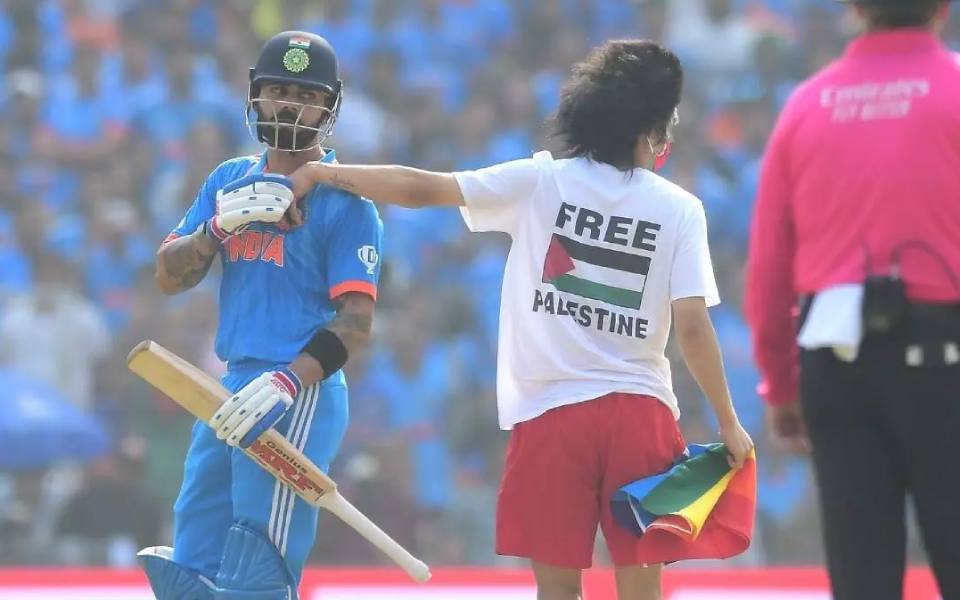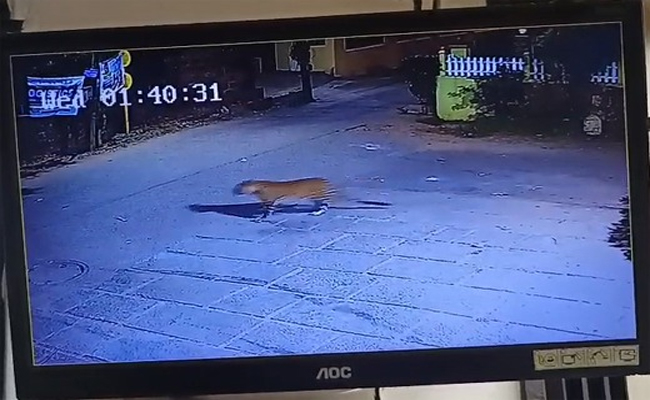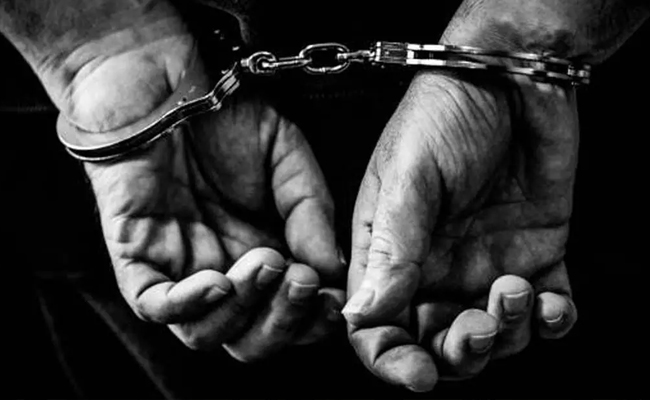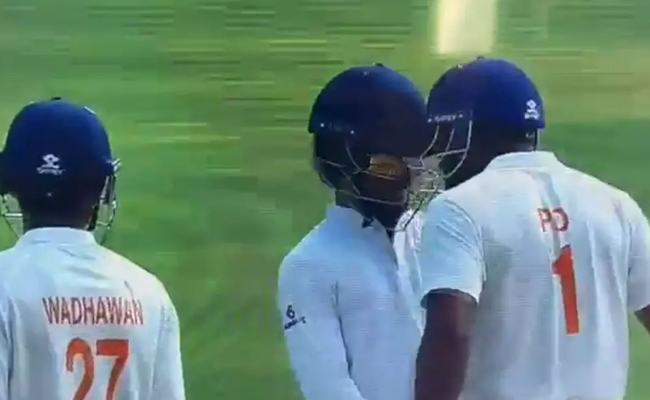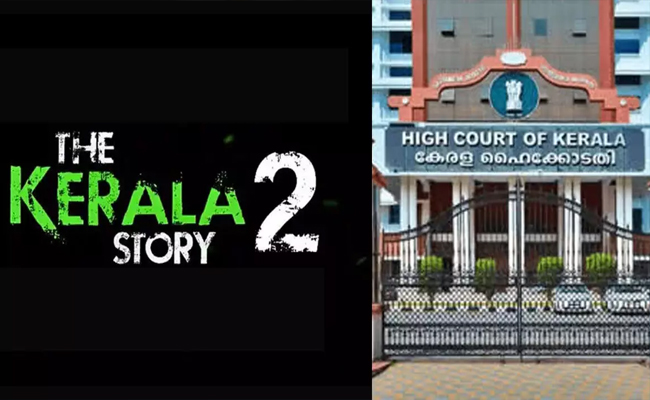Ahmedabad, Nov 19: A pro-Palestine fan breached a tight security cordon to enter the field of play in a desperate attempt to hug Virat Kohli during the World Cup final between India against Australia here on Sunday.
The incident happened before the first drinks break.
The security personnel apprehended the man, who was identified as Wayne Johnson, an Australian of Chinese-Filipino origin.
He was arrested and taken to Chand Kheda Police station.
Political sloganeering is an offence at cricket games but with Johnson being a foreign national, it is not yet known what kind of action will be taken against him.
Johnson wore a face mask with design of a Palestine flag and a T-shirt with slogans on both sides.
On the front of the t-shirt, 'stop bombing Palestine' was written and on the back, Save Palestine' .
His sudden intrusion caught everyone unaware but the security was quick to apprehend him.
The ICC doesn't allow any political sloganeering during its event and any such act is also not allowed in India.
Israel and Palestine Hamas group have been engaged in a war since October 7, when the latter attacked a music festival in Kibbutz Re'im.
The pitch invader , how he allowed to enter despite security raising a serious question . Areest him.#INDvsAUSfinalpic.twitter.com/GlixBPFBJ3
— Mufaddal Vohra (@Mufadal_bohra) November 19, 2023
"My name is John...I am from Australia. I entered (the field) to meet Virat Kohli. I support Palestine..."pic.twitter.com/oI0NrPdrxk https://t.co/svwAX7c2ju
— Mohammed Zubair (@zoo_bear) November 19, 2023
#ICCCricketWorldCup | Security breach during the India versus Australia ICC World Cup 2023 Final match, in Ahmedabad after a spectator entered the field to meet Virat Kohli pic.twitter.com/ZuvXlHMWp0
— ANI (@ANI) November 19, 2023
Let the Truth be known. If you read VB and like VB, please be a VB Supporter and Help us deliver the Truth to one and all.
Mangaluru: A leopard was spotted in Doctors’ Colony near the Kadri Manjunath Temple area in Mangaluru in the early hours of Monday, February 23, creating anxiety among residents of the locality.
According to local residents, the animal was spotted in the CCTV footage of two cameras installed in the locality around 1 am near the entrance gate of Doctors’ Colony. The footage shows the leopard walking calmly in front of the gate before moving out of view.
The sighting has come as a surprise as the area is largely urbanised, with apartment complexes and villa-type houses dominating the surroundings. Except for a small patch of forested land above the Kadri temple area, there is little greenery nearby. Residents say the concrete landscape offers limited scope for wild animals to find food.
This is not the first time wild animals have been spotted in the locality. Two years ago, a wild gaur had entered the same area and was later guided back into the forest through Shaktinagar. Just last week, a smaller leopard was sighted in Shaktinagar and was also captured on CCTV cameras. Now, a bigger leopard has been recorded near Kadri.
So far, no one has reported a direct sighting of the animal, and no formal complaint has been lodged with the Forest Department.
Forest Department officials said leopard movement is common during the months of January and February, as the animals often enter human settlements in search of food. In areas near forests, they usually prey on poultry and stray dogs.
Officials added that leopards are capable of travelling 15 to 20 kilometres in a single night and generally do not remain in one place if they are unable to find food. While sightings are more common in forest-fringe areas such as Bajpe and Neermarga, repeated appearances within core city limits this time have caused concern among residents.

